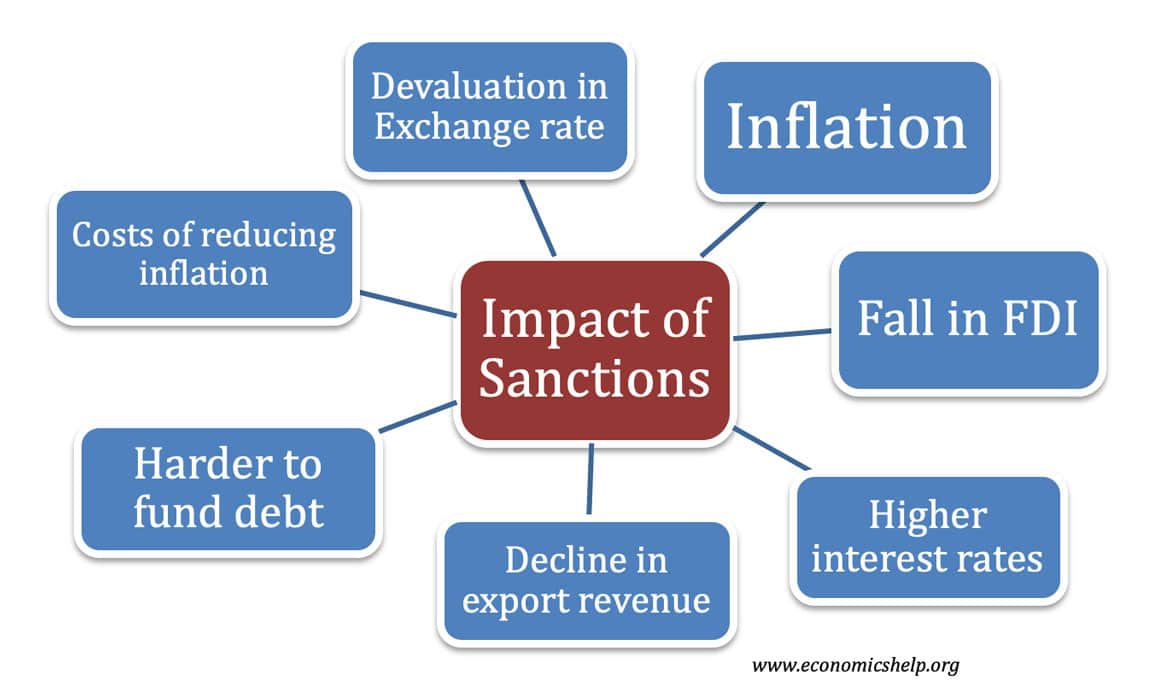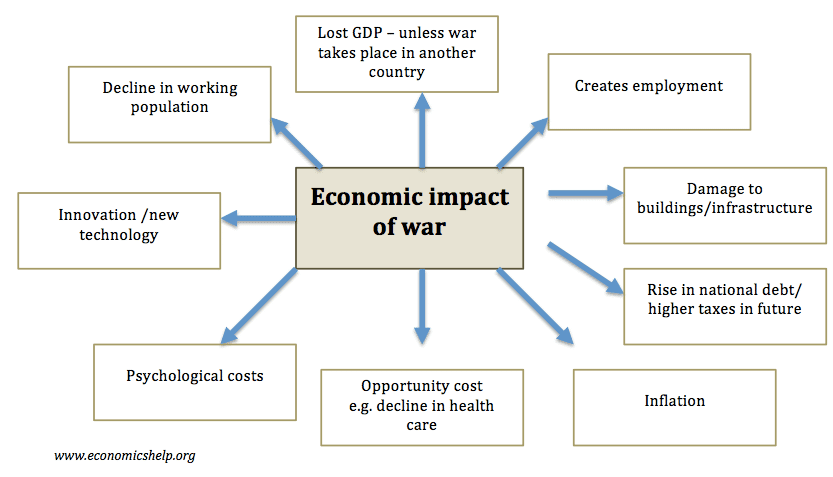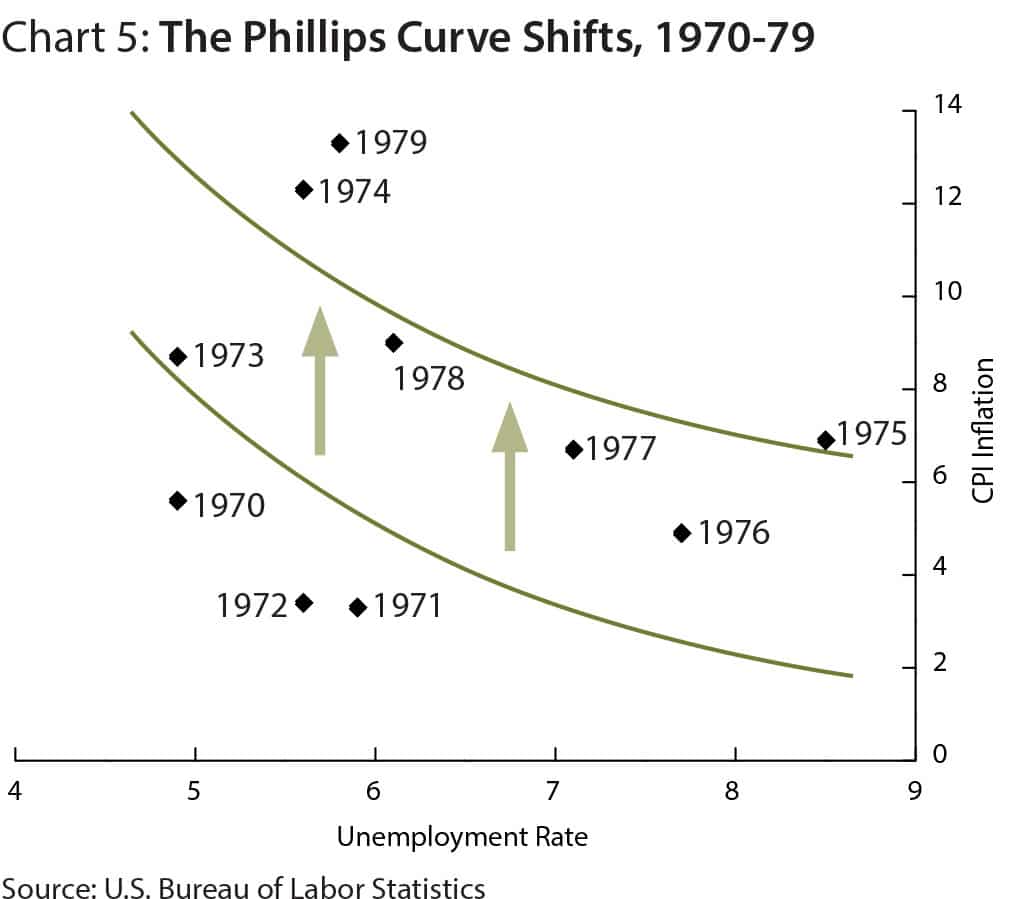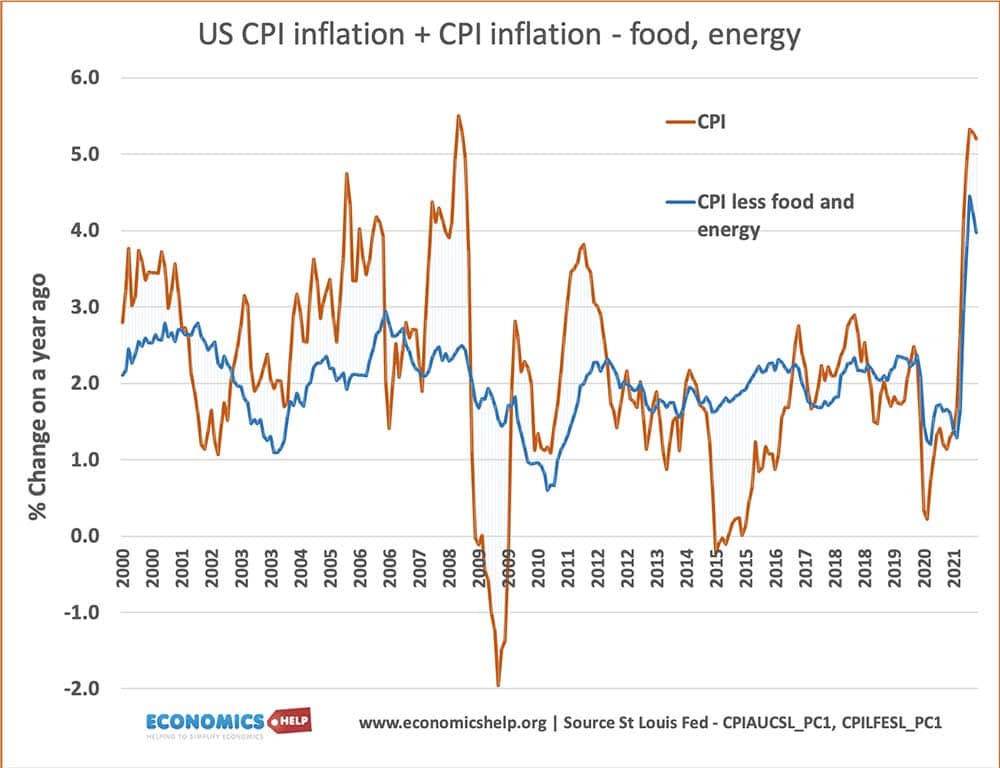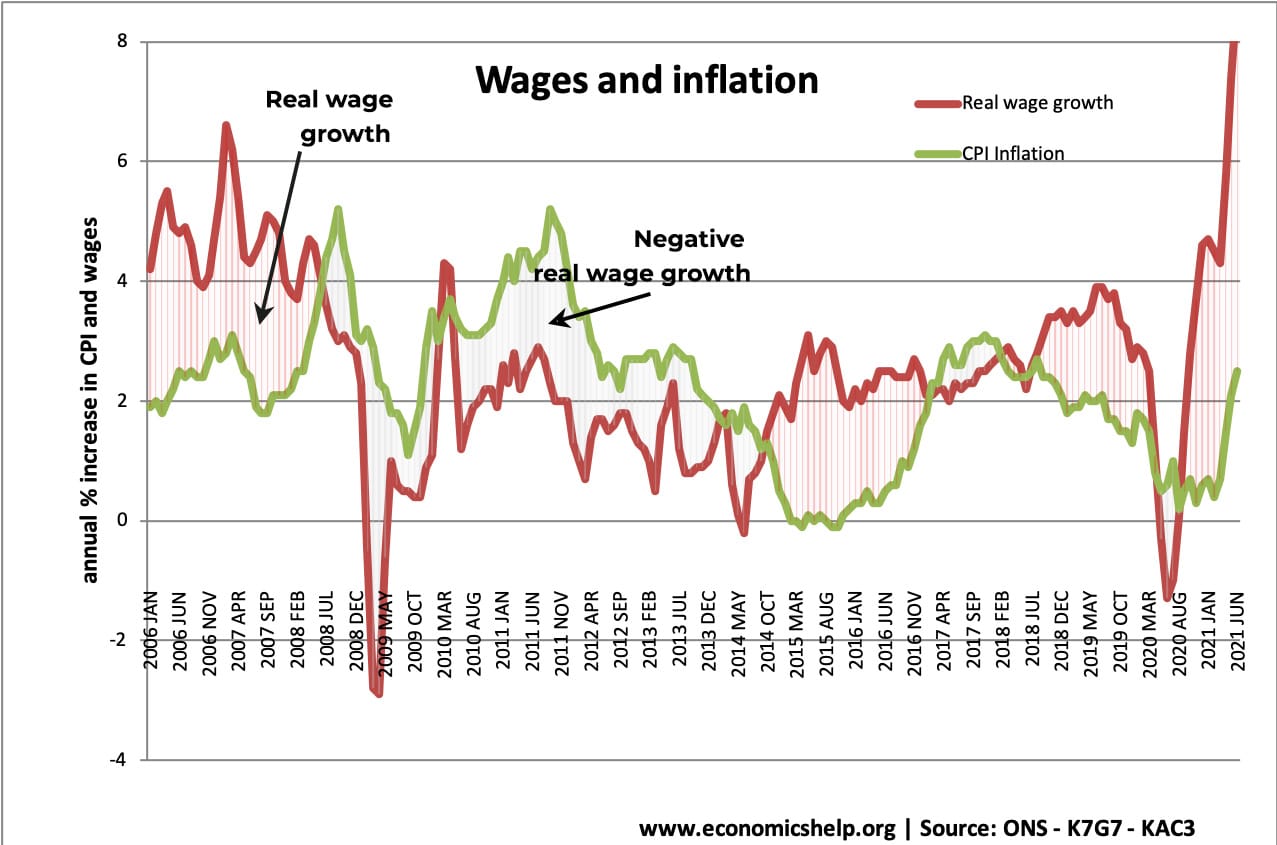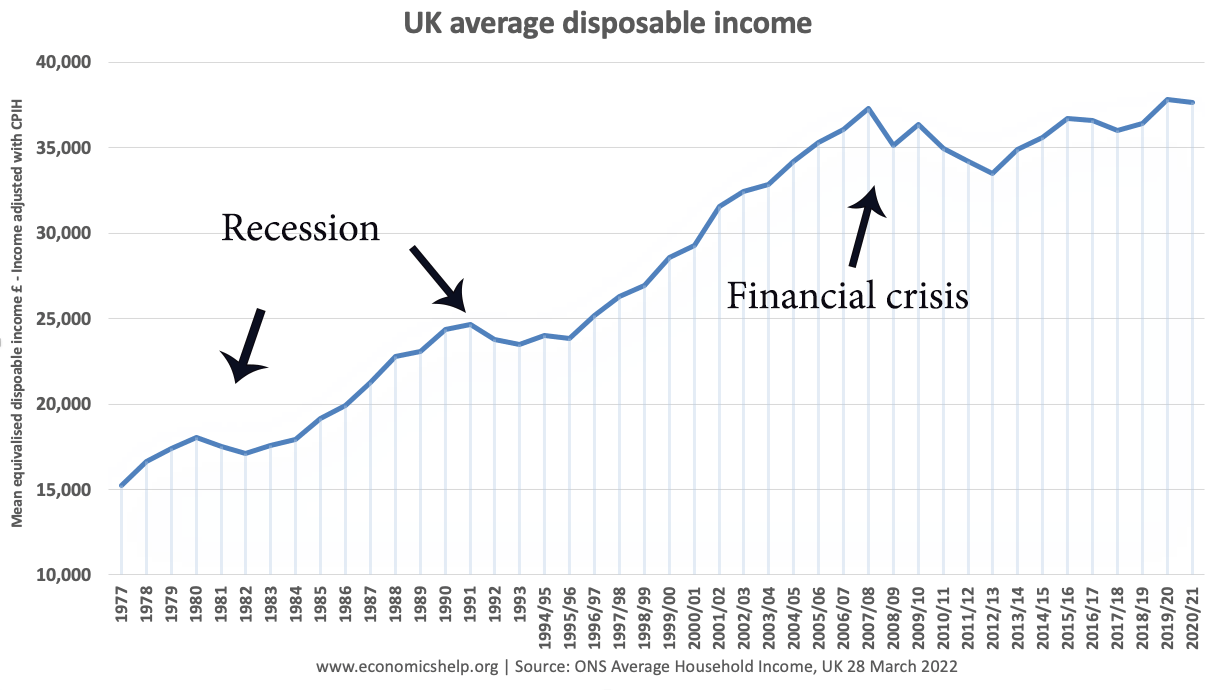The impact of economic sanctions – do they work?
Economic sanctions are policies designed to hurt the economy of a target country. Sanctions can involve trade embargoes, seizure of assets, travel bans and limits on capital flows. The aim of sanctions is usually to provide a political signal of disapproval which stop short of military action. They can be imposed by one country unilaterally, …

